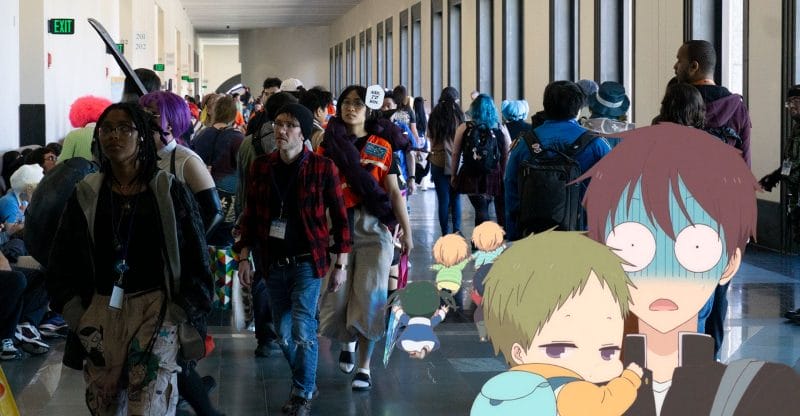 In today’s social landscape, we’re seeing more and more contact with the customer. Within moments, a company can gather what their customers want, what they bought, and what they’re willing to pay. People willingly engage with representatives from companies like FUNimation and Section23 on a daily basis. These relationships are solidified by a trust that enhances the brand, and creates a the products it represents.
In today’s social landscape, we’re seeing more and more contact with the customer. Within moments, a company can gather what their customers want, what they bought, and what they’re willing to pay. People willingly engage with representatives from companies like FUNimation and Section23 on a daily basis. These relationships are solidified by a trust that enhances the brand, and creates a the products it represents.
This trust is all brought together by a sense of reality. The people behind the screen are real, and they’re willing to share bits of their life with those who may or may not be customers. Not every tweet or Facebook status is controlled – mistakes are sometimes made, and not every comment can be addressed quickly or consistently.
The latter part is what scares the living daylights out of larger organizations. The idea that human nature is unpredictable, unscriptable, and most important, untamable is difficult to plan for, and therefore difficult to deal with without a degree of freedom. This does give the anime industry an edge in many regards – most companies, from FUNimation to Sentai are able to operate with this much-needed freedom. This allows their social representatives to be authentic, and able to show a likeable human face which customers can connect with.
Ideally, these bonds will create a bond with the company through their representatives. These customers, in turn, will (ideally) see their bonds reinforced by positive product experiences, which will lead to true loyalty. The absolute ideal would be the ability to have die-hard customers able to stand up for the company’s products, sometimes before the company can respond to negative receptions. In likeable social media, Dave Kerpen illustrates this ideal situation through the real-world example of Vistaprint. Vistaprint is an online printing company that services millions of orders across the world . The company keeps the motto “No Customer Left Behind”, and stands by it. Every post on the company’s Facebook wall, every post to Twitter gets a response from someone in the company. This created a reputation that the company genuinely cares for its customers, and what they have to say about them. Those who have positive experiences are therefore more willing to stand up for the company when other customers have negative comments, as people are far more willing to stand up for a company that cares about them, than for some faceless conglomerate.
While the anime industry does have a bit more of a handle on the social media landscape than most entertainment companies, we could all stand to learn from cases like VistaPrint. If a customer has the drive to contact, especially in a forum that can be seen by thousands, if not millions at any given time. Bad comments travel quickly, and can quickly spiral out of control if left un-answered. At the same time, positive comments can be seen as useless for those who don’t receive an answer. Every voice, every criticism, and every suggestion is important – it shows that the customer cares enough to speak out. Many customers will be happy with any attention, even if the answer is a simple “I’m sorry” or “I do not know.”











